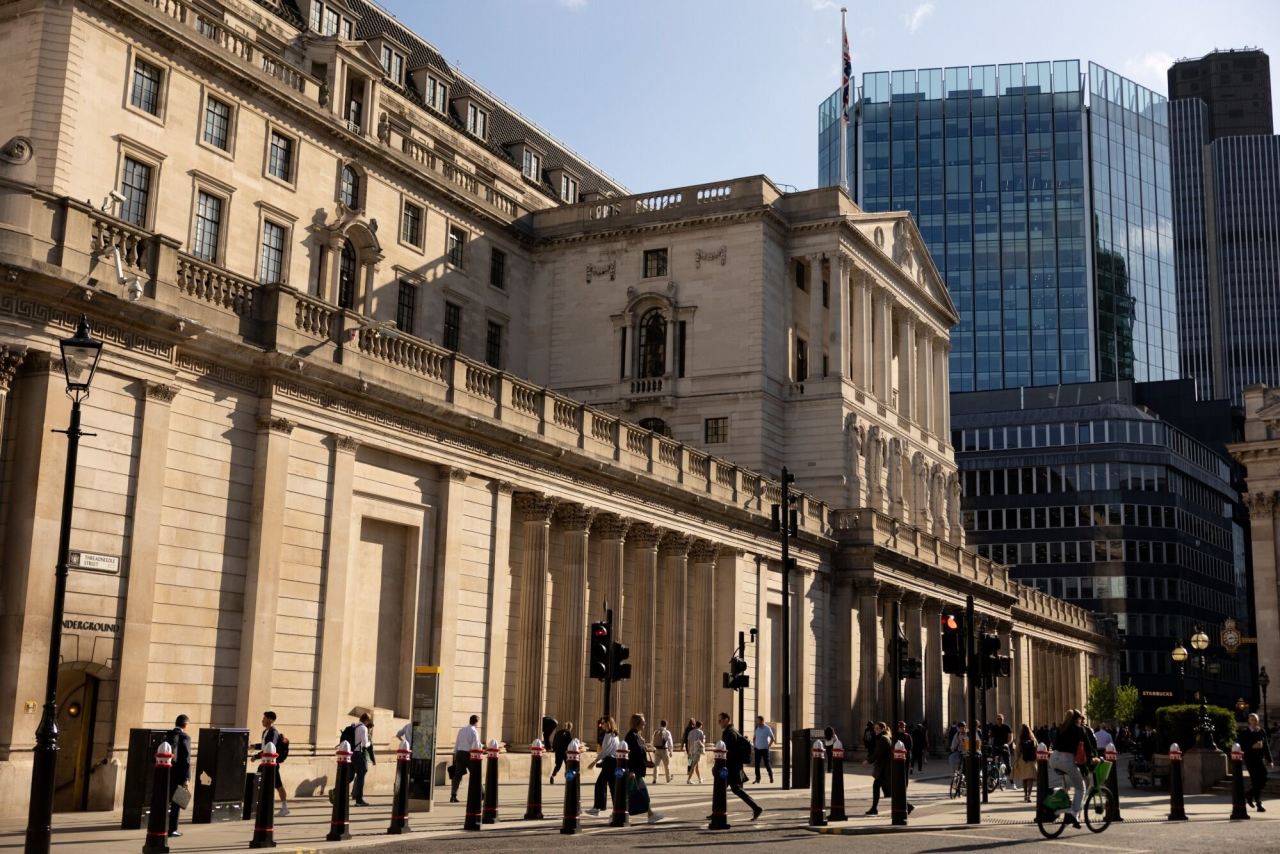Post-Crisis Bank Safeguards Face Extinction

A Shift in Banking Regulations: U.K. and U.S. Reconsider Tough Rules
At a recent banquet held in a grand palace in London, the U.K.’s Treasury chief, Rachel Reeves, presented plans aimed at revitalizing the country’s massive financial sector. This move signals a growing willingness in both the United States and the United Kingdom to reassess the stringent banking regulations that were introduced following the global financial crisis nearly two decades ago.
Transatlantic Momentum
Steven Kelly, an associate research director at the Yale Program on Financial Stability, noted that there is a strong transatlantic movement toward reevaluating these rules. The U.K. government has indicated it may relax certain regulations that hold finance executives accountable for their companies' actions. Additionally, it plans to streamline the process for handling consumer complaints against financial institutions.
Reeves is also expected to acknowledge the concerns of banks regarding the ringfence, a key British measure designed to prevent banking collapses. While she won’t commit to major changes, the industry has been pushing for modifications to this regulation, which requires large lenders to separate retail-banking operations into distinct entities.
Industry Pressure and Regulatory Changes
The U.K. financial sector was heavily impacted during the financial crisis, leading to stricter regulatory measures compared to other regions. However, recent developments show a shift in tone among regulators and industry insiders. Memories of the crisis have faded, and governments are now more focused on stimulating economic growth through reduced regulation.
Lobbyists have already seen some successes. Last year, Wall Street successfully opposed a planned increase in capital requirements through a campaign that included airport posters and roadside billboards. In addition, U.S. regulators recently proposed changes to ease borrowing limits imposed after the financial crisis, known as the supplementary leverage ratio.
In London, the Bank of England removed a cap on banker bonuses after being urged by lawmakers to enhance the U.K.'s international competitiveness.
Global Regulatory Trends
While some countries are easing regulations, others are tightening them. Switzerland, for example, has proposed stricter requirements for UBS following the collapse of Credit Suisse in 2023. Similarly, the failure of Silicon Valley Bank has led to increased scrutiny of U.S. regulations for midsize lenders.
The Ringfence: A Key Regulation
The ringfence, a cornerstone of British banking reform after the crisis, required big banks to separate ordinary deposit-taking and payment services from trading and dealmaking. Banks had to restructure over a trillion dollars in assets and spent nearly $4 billion before the policy took effect in 2019.
This regulation aimed to discourage excessive risk-taking by making it clear that the government would allow investment-banking units to fail in a crisis. Instead, ringfenced units focused on domestic mortgage lending.
Industry Pushback
U.K. banks saw an opportunity this spring, especially after the Labour government echoed some of President Trump's rhetoric on regulation. In February, ministers made some adjustments to the ringfence before banks began pushing for its complete removal.
HSBC's new chief executive, Georges Elhedery, joined with leaders from NatWest, Lloyds Banking Group, and Santander’s U.K. retail arm to write to Reeves, arguing that removing the ringfence would better support growth. They claimed it distorted lending decisions and hindered their ability to provide customers with all necessary products.
NatWest CEO Paul Thwaite signed the letter weeks before his bank exited state ownership. Formerly known as the Royal Bank of Scotland, the lender was a symbol of excess before requiring a bailout that lasted 17 years.
Thwaite argued that the ringfence had been superseded by new rules requiring banks to be structured to fail without spreading damage. According to RBC Capital Markets analyst Benjamin Toms, NatWest could gain about £500 million annually in pretax profit by channeling deposits outside the ringfence. The entire sector could earn an additional £1.5 billion.
Concerns Over Removal
John Vickers, who led the commission that proposed the ringfence in 2011, doubts the economy would benefit from its removal. He believes banks would use domestic deposits for more international investment-banking activities, increasing risks to the economy and public finances.
Despite this, the Bank of England is open to examining the issue but likely to resist sweeping changes. Governor Andrew Bailey emphasized the need to protect household and small business deposits if the U.K. wants to remain an open international banking center.
Barclays, the only U.K. lender with a significant investment bank, did not sign the letter. CEO C.S. Venkatakrishnan reminded lawmakers that the U.K. recently provided around £130 billion to support some British and Icelandic banks.
Post a Comment for "Post-Crisis Bank Safeguards Face Extinction"
Post a Comment